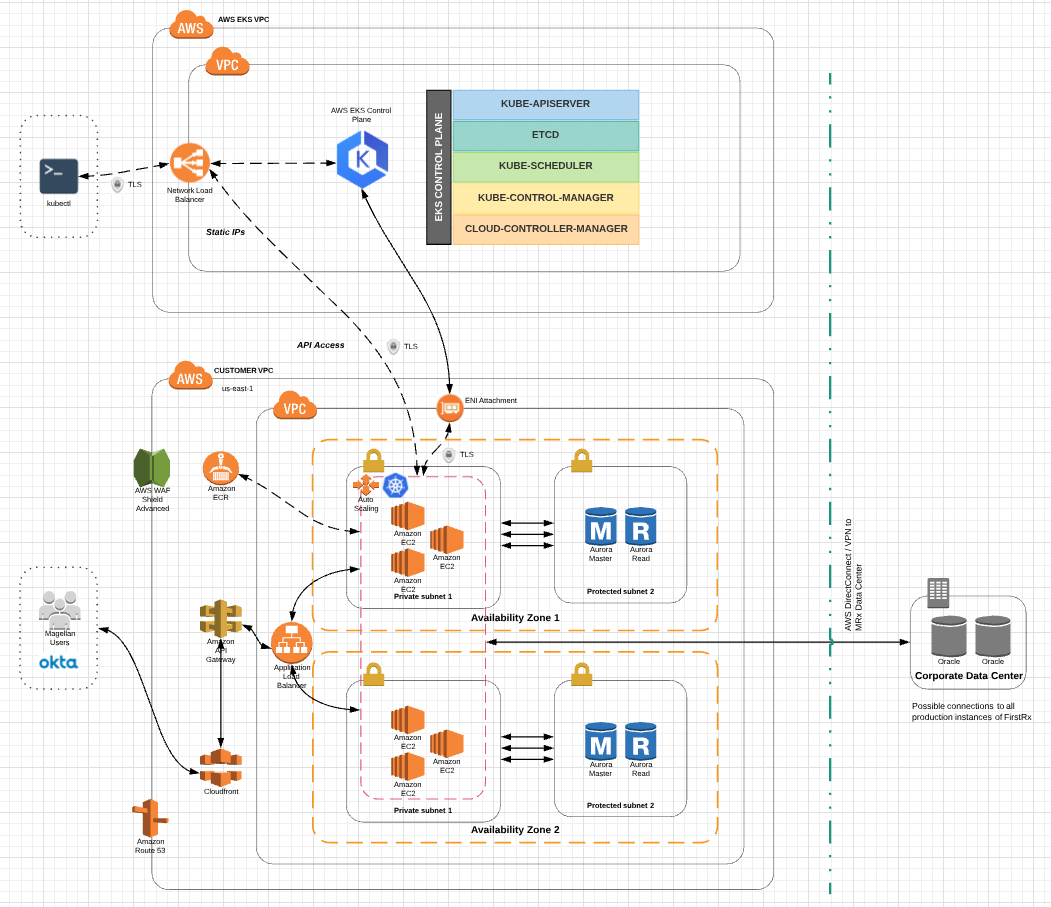Docker Containers Are Everywhere: Linux, Windows, Data center, Cloud, Serverless, etc. Docker container technology was launched in 2013 as an open source Docker Engine. It leveraged existing computing concepts around containers and specifically in the Linux world, primitives known as cgroups and namespaces. I am using Docker Desktop 2.2.0.3 (42716) stable release in Windows 8.1 VM. Currently, using Linux Containers and this is what I get If I run 'Docker Version' in Powershell.
Package Software into Standardized Units for Development, Shipment and Deployment

- Official build of Nginx.
- Docker containers are a foundational building block of Uber’s infrastructure (we even built our own open source Docker image builder, Makisu!), but as the number and size of our compute clusters grew, a simple Docker registry setup with sharding and caches couldn’t keep up with the throughput required to distribute Docker images efficiently.
We and third parties use cookies or similar technologies ('Cookies') as described below to collect and process personal data, such as your IP address or browser information.
A container is a standard unit of software that packages up code and all its dependencies so the application runs quickly and reliably from one computing environment to another. A Docker container image is a lightweight, standalone, executable package of software that includes everything needed to run an application: code, runtime, system tools, system libraries and settings.
Open Docker Container In Vscode
Container images become containers at runtime and in the case of Docker containers - images become containers when they run on Docker Engine. Available for both Linux and Windows-based applications, containerized software will always run the same, regardless of the infrastructure. Containers isolate software from its environment and ensure that it works uniformly despite differences for instance between development and staging.
Docker containers that run on Docker Engine:
How To Open Docker Terminal On Docker
- Standard: Docker created the industry standard for containers, so they could be portable anywhere
- Lightweight: Containers share the machine’s OS system kernel and therefore do not require an OS per application, driving higher server efficiencies and reducing server and licensing costs
- Secure: Applications are safer in containers and Docker provides the strongest default isolation capabilities in the industry
